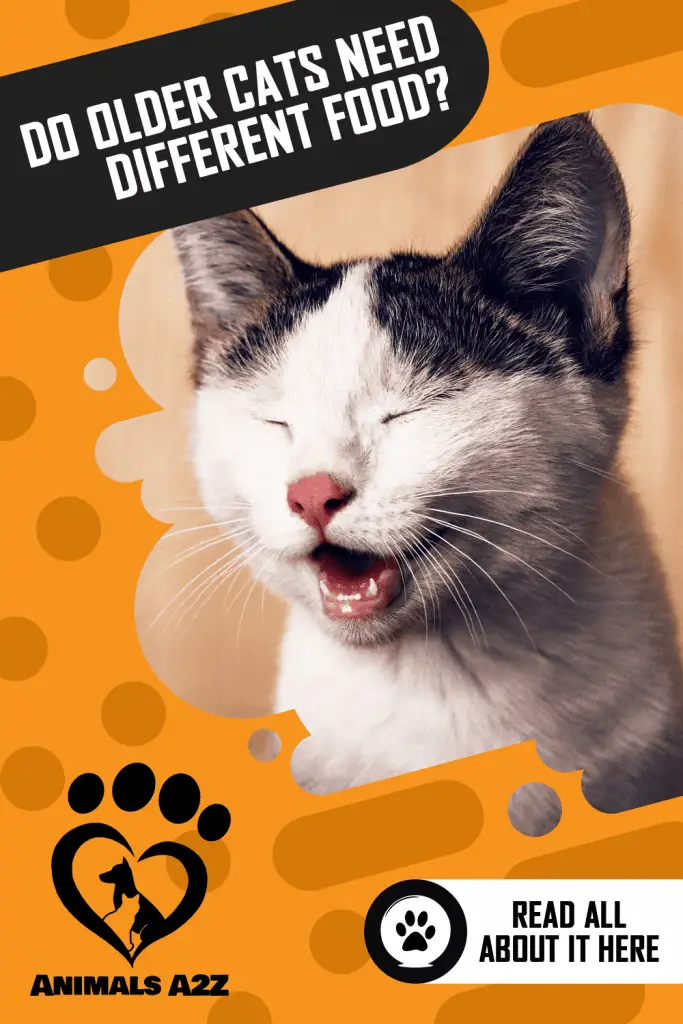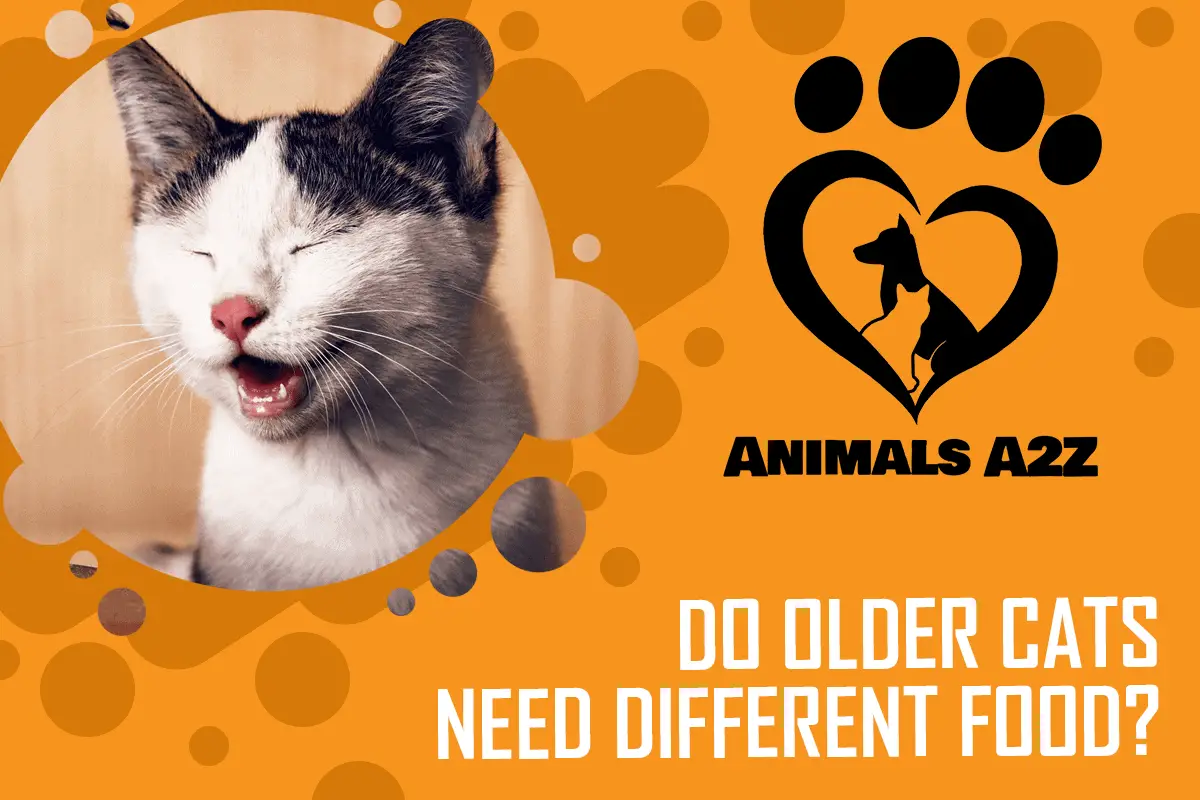As your cat grows older, his nutritional needs also change. Proper feline nutrition can extend your cat’s life span and slows down the development of many feline diseases. Monitoring the appetite, eating habits, body condition, food consumption, and weight of your cat can be very helpful when your vet determines your cat’s specific diet and nutritional requirements.
Table of Contents
Is senior cat food necessary
It is a good idea to give an older cat different foods than you give a young cat. Most older cats develop some degree of kidney disease. Therefore it’s a good idea to feed them senior cat food with less protein.
If you buy a senior cat food brand for your cat, they might also have added various supplements. You can choose to add that yourself instead.
Qualities of good cat foods for senior cats
The best cat foods for senior cats must have the following:
High levels of antioxidants
As your cat gets older, there will be an increase in his body’s free radical production. These free-radicals are byproducts of his metabolism. Free radicals contain oxygen but missing electrons, which make them reactive. This is why free radicals steal electrons from nearby proteins, DNA, and cell membranes.
The role of antioxidants is to give electrons to free radicals, thereby breaking the cellular and molecular damage cycle. Selenium, carotenoids, Vitamin A, Vitamin C, and Vitamin E are all very powerful antioxidants. Therefore, cat foods that include these antioxidants are good for your aging cat.
Moderate to high fat content
Around 11 to 12 years old, the ability of your cat to digest fat begins to decline. Fats tend to contain more calories than either carbohydrates or protein do, which is why this can affect the ability of your senior cat to extract calories from the food he eats.
Diets for senior cats must have a moderate to high fat levels, with a specific amount basing on the body condition score of your cat. Skinny felines need more fats in order to maximize their intake of calories. On the other hand, overweight felines can go well with lesser fat content.
Adequate protein
Studies have shown that around twenty percent of cats over 14 years old have difficulty in digesting protein. If you combine this with a senior cat’s declining ability to digest fats, then there is a high chance that if your senior cat will continue to live without a specialized dietary intervention, he will lose both muscle mass and fat.
The muscle mass loss is even more concerning since aging cats will be at higher risk of developing severe illness that can even lead to death. Cat foods for senior felines should contain a high level of protein in order to maintain his muscle mass. Additional carnitine, which is a type of amino acid, might also help your cat.
Low Phosphorous Levels
Most senior cats are at risk of CKD or chronic kidney disease. In the past, vets tend to recommend reduced protein foods for senior cats in order to protect their kidneys, however, this not the case nowadays. What’s important is to evaluate the cat food’s phosphorous content.
The kidneys of your cat are responsible for removing extra phosphorous from the bloodstream. So, if your cat has CKD, the kidneys will find it difficult to do their job. If you give your senior cat foods with high phosphorous content, it can lead to bone calcium leaching, which can make your cat feel unwell and result in more kidney issues and even cause other health concerns.
For these reasons, cat foods for aging cats should contain low levels of phosphorous. Taking with your vet to know the best diet and protein source for your senior cat.
[crp]
Common questions about what food you should give your older cat
At what age should cats eat senior food?
Cats should start eating specialized cat food at the age of 7. The main goal in feeding your older cat specially formulated senior cat food is to maintain an optimum body weight and overall health. This also helps in the prevention of chronic disease development, as well as improve or minimize clinical signs of underlying disease that might already be present in your cat’s body.
What’s the difference between senior and normal cat food?
As your cat ages, his nutrient requirements start to change. For example, senior diets contain lower caloric content but has fiber level so any aging cat will definitely from specially formulated senior cat foods. Aside from that, vets usually recommend specific supplements to senior cats like antioxidants and joint support so it’s best to consult your vet if you’re planning to give your cat senior formulated supplementation and diet.
Do older cats need more or less protein?
Experts usually recommend the parents of older, healthy cats to neither decrease nor increase the protein level in the diet of their cats but maintain the amount that worked great for their cats in the past. It got their cats to golden years and in good shape after all so if there’s nothing wrong with their aging cats, then there’s nothing to worry about their protein intakes.
Conclusion
Regardless of the individual differences, there are many changes that can take place with aging which can affect the nutritional needs of your cat. Even though more research is needed, aging in cats is usually associated with decreased energy requirements as well as the tendency to lose muscle and gain fat. Kidney and immune functions also decline as cats age, even though the level to which this occurs often depends upon every individual cat. Thus, to make sure your cat lives his remaining years as a healthy and happy feline, make sure you only give him cat food and supplementation appropriate to his age and with the help of your trusted vet.


